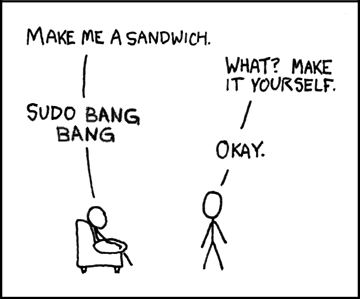Imagine I have a group of users called "support" that participates solving different kinds of problems. Each user has a nominal username like jsmith that has not much privileges but additional everyone in this group uses two different user accounts: operator and administrator. Each account has different additional privileges. Administrator has administrator privileges and operator can login to a lot of different systems in order to perform different operations.
Now I'm trying to eliminate the use of generic usernames like operator and administrator in order to have accountability and be able to identify who has performed an action. However, would security be improved if I give operator and administrator privileges to each nominal account? I think the security would decrease because one user account would accumulate a lot of privileges (like using root in everyday work).
How can I do this accountability and maintain segregation and security?
Is best practice to create users adm_jsmith and oper_jsmith? This would affect usability because users would need to change between users every time they need to do a different action.

